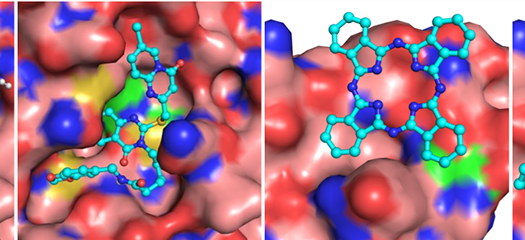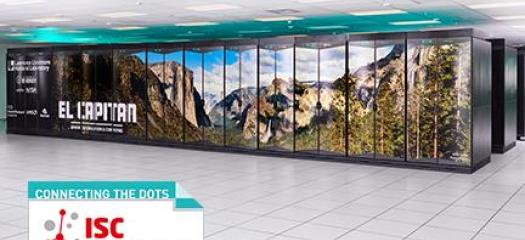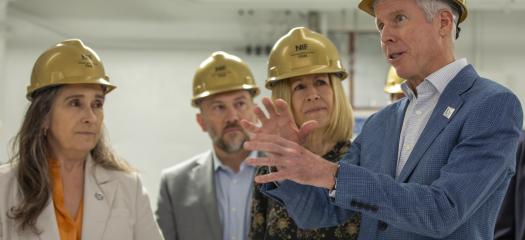Browse this site's news, projects, and people highlights via any of the topics in the dropdown list or below each content description.

ESGF
The Earth System Grid Federation is a web-based tool set that powers most global Earth system research.

COVID-19 R&D
From molecular screening, a software platform, and an online data to the computing systems that power these projects.

COVID-19 Operations
LivIT tackles challenges of workforce safety, telecommuting, cyber security protocols, National Ignition Facility software updates, and more.

Nisha Mulakken
Nisha Mulakken is advancing COVID-19 R&D and mentoring the next generation. “The opportunities we are exposed to early in our careers can shape the limits we place on ourselves and our…

Stefanie Guenther
Lawrence Livermore National Lab has named Stefanie Guenther as Computing’s fourth Sidney Fernbach Postdoctoral Fellow in the Computing Sciences. This highly competitive fellowship is named after…

Rafael Rivera-Soto
Rafael Rivera-Soto is passionate about artificial intelligence, deep learning, and machine learning technologies. He works in LLNL’s Global Security Computing Applications Division, also known as…

LLNL researchers use AI to look for potential ALS treatments
A team of researchers from LLNL, Stanford University, and UCLA are using AI and machine learning to find potential treatments for amyotrophic lateral sclerosis and other neurodegenerative diseases in the form of drugs prescribed for other conditions.

ISC25 event calendar
LLNL participates in the ISC High Performance Conference (ISC24) on June 10–13.

U.S. Energy Secretary Wright visits LLNL
Wright’s daylong visit included briefings and discussions with LLNL experts in key mission areas including stockpile modernization, fusion energy, AI, cybersecurity and supercomputing.
